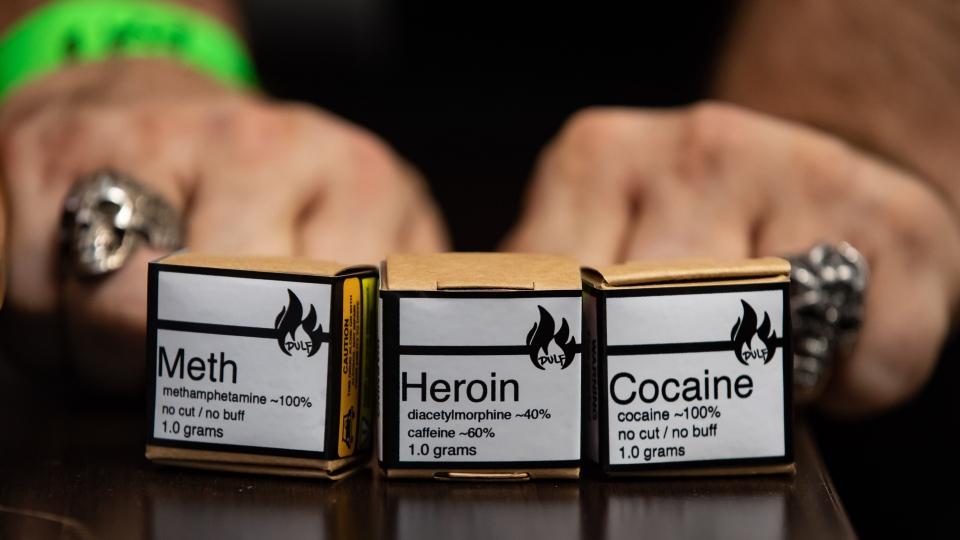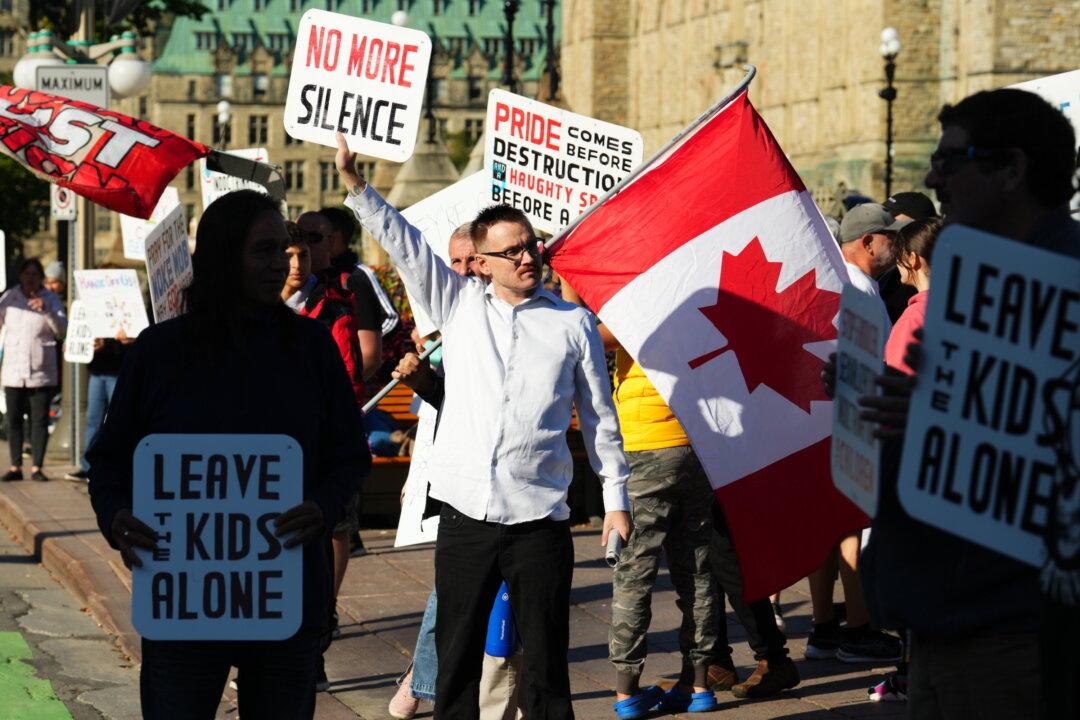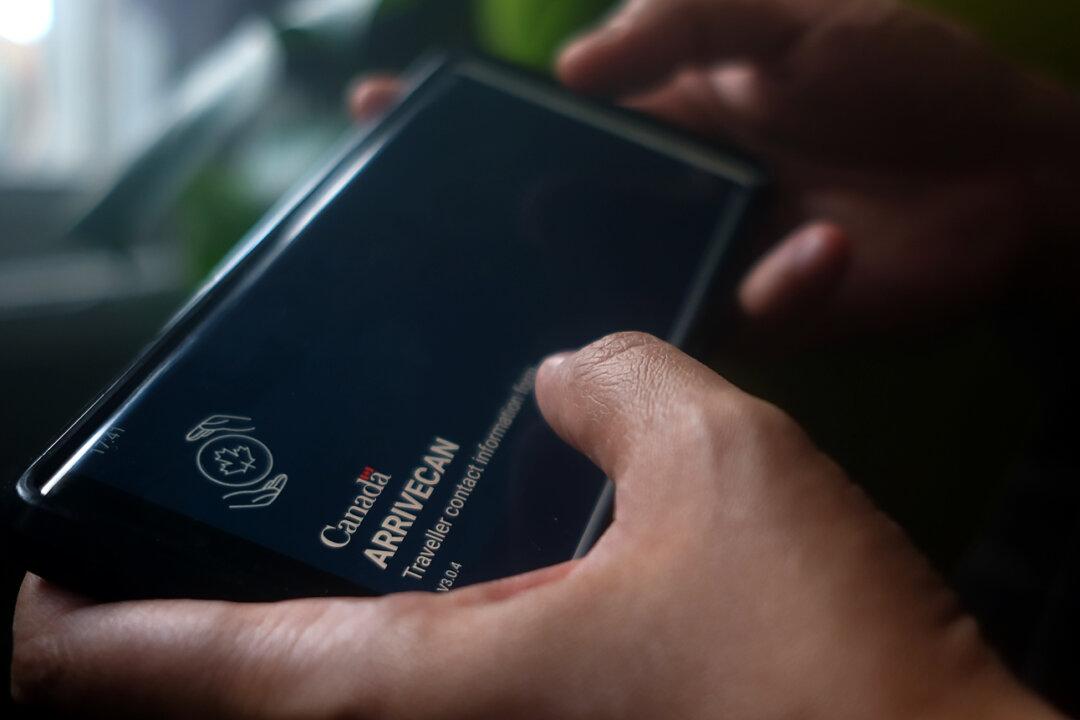Conservative MPs on the House of Commons health committee questioned Minister of Health and Addictions Ya'ara Saks on Feb. 1 about her government’s drug policies in light of Canada’s opioid epidemic.
The federal cabinet gave a green light one year ago to B.C.’s proposal for a three-year pilot project decriminalizing the possession of small amounts of drugs. During the first five months of decriminalization, addiction-related fatalities rose 7 percent in B.C., said the BC Coroners Service.





